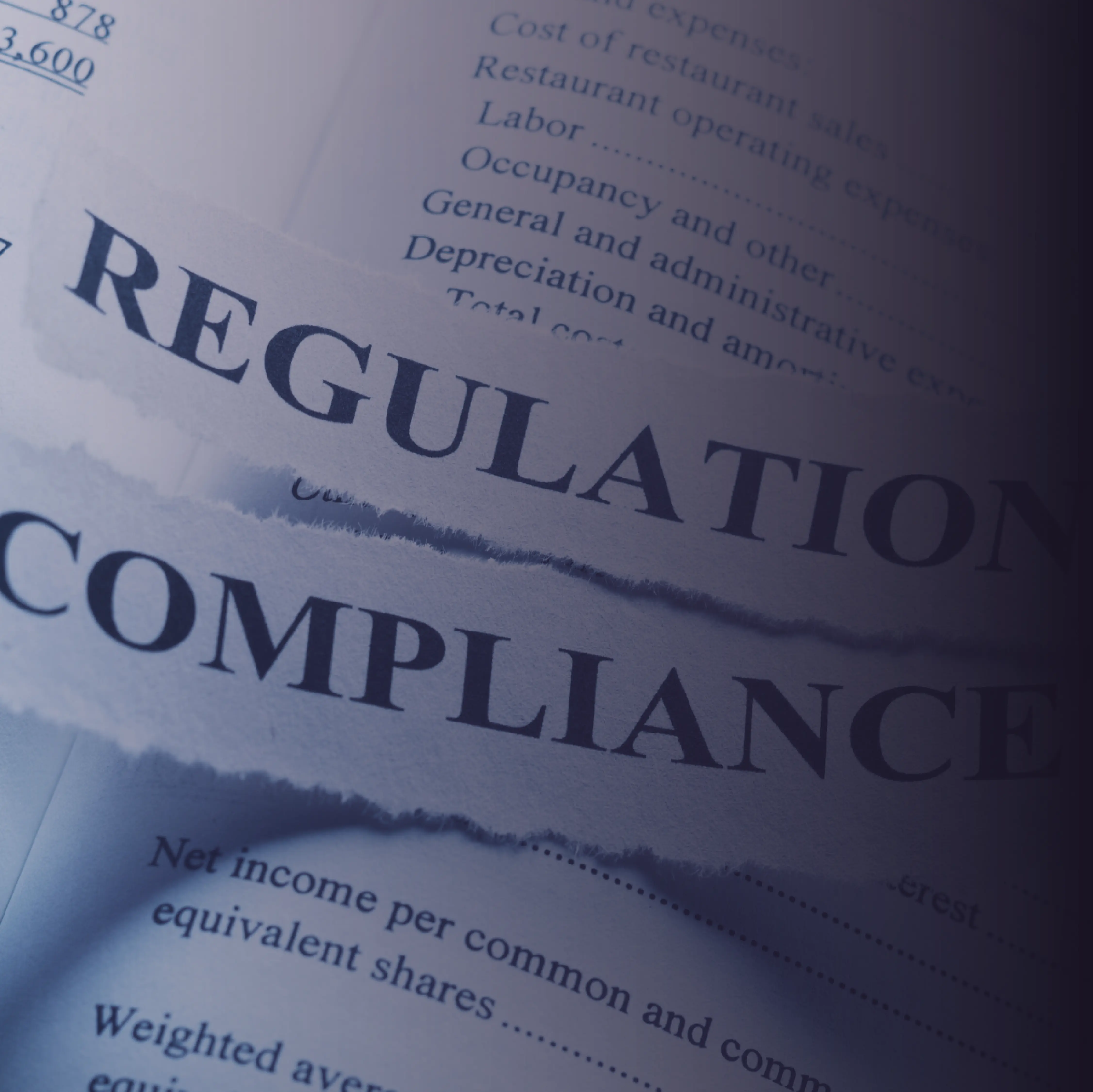Earlier this year the UK government introduced one of the most significant shake ups to our nation’s AML regulations seen in recent years. Unfortunately, in keeping with the historically poor communication of AML regulations and obligations to the private sector, many directors are unaware of this.
From 10th January 2024 all domestic (UK based) politically exposed persons (PEPs) can be considered as a lower risk than their international counterparts.
This change may seem subtle but it has significant ramifications for any risk assessments and will influence your AML processes.
So lets look into this change and what it means in more detail.
What is a PEP?
A political exposed person is who has been appointed, holds, or has held a high profile position that they were appointed to by a community institution, international body, or state in the last 12 months.
Effectively it means an individual in a powerful public or public adjacent role.
Significantly, for the purposes of AML legislation, certain individuals who do not hold any of these positions themselves but have links to those that do are considered to be PEPs. These are:
- Family members
- Close associates (e. g. business partners, close friends etc)
- Beneficial owners of that person’s property
Some examples of positions considered to be politically exposed are:
- Head of state
- Minister, member of parliament or other equivalent role
- Members of courts of auditors
- Members of boards of central banks
- Ambassadors
- High ranking military officials
- Members of high, constitutional, or similar courts
Why are PEPs a risk
PEPs present a risk as their positions of power increase the risk that funds may be the proceeds of bribery or corruption.
There is also the risk that funds may be the result of assets stripping their nation.
What to do if you are dealing with a PEP
- Any sort of PEP that you deal with requires you to perform enhanced due diligence processes. Whilst these vary from company to company Regulation 35 of the Money Laundering, Terrorist Financing and Transfer of Funds (Information on the Payer) Regulations 2017, (MLR 2017) dictates that:
- Senior management approval is required for any business relationship
- Adequate measures to establish the source of funds/wealth must be taken
- The ongoing relationship must be closely monitored
As a rule of thumb, any relationships with PEPs should be flagged to your company’s MLRO and any other relevant senior members of staff.
Once the source of funds/wealth have been ascertained (if your client is not forthcoming and helpful with this consider it a red flag) and senior management have given approval to proceed with enhanced due diligence processes you need to categories the PEP as high or low risk.
A PEP may be classified as low risk if:
- They are not from a high risk jurisdiction
- They are domestic
- The source of funds/wealth has been ascertained and any irregularity has been ruled out
- The PEP has been helpful and forthcoming throughout the process, especially around the source of funds and reason for the transaction
- The transaction is in keeping with those usually performed by your business
- The transaction is of a type regularly carried out by non-PEPs
A PEP may be classified as high risk if:
- They are from a high risk jurisdiction
- The source of funds could not be ascertained easily or at all
- The PEP has been secretive as to the source of funds, their identity, or the reason for the transaction
- The transaction is out of the ordinary for your business
- The transaction is not of a type regularly carried out by non-PEPs
- You have any suspicions
Should a PEP be classified as high risk you need to take exhaustive enhanced due diligence steps and make sure to record them in detail. Even then it will be a large risk to decide to move ahead with any relationship.
How will this change affect your business
The main effect this has is to allow for freer dealing with UK PEPs and reduce the amount of justification needed to approve any relationship.
It is important to note that under this rule change you are still required to confirm the source of funds and reason for the transaction are legitimate as well as using your best judgement when reviewing their associated risk.
How to know if you are dealing with a PEP
Manually investigating if every individual you want to do business with is a PEP with any degree of accuracy is effectively impossible. The sheer amount of time it would take would be prohibitive, let alone the fact that you would need to manually comb through potentially hundreds of databases.
Fortunately, we have solved this problem for you. Our fully digital AML platform allows you to not only search an individual against every relevant PEPs database but to also monitor in real time if they become politically exposed after your relationship has started.
Also included is advanced AI powered AML checks, document verification checks, sanctions & adverse media checks and monitoring, and more. Our platform takes seconds of staff time to send out a check that your customer conveniently completes on their device in less than a minute.
Checks are sent with your branding and our platform automatically records each checks audit trail to make proving your compliance to regulators quick and easy.
So if your ready to upgrade your AML processes and better protect your business click here to talk to one of our AML experts today.




